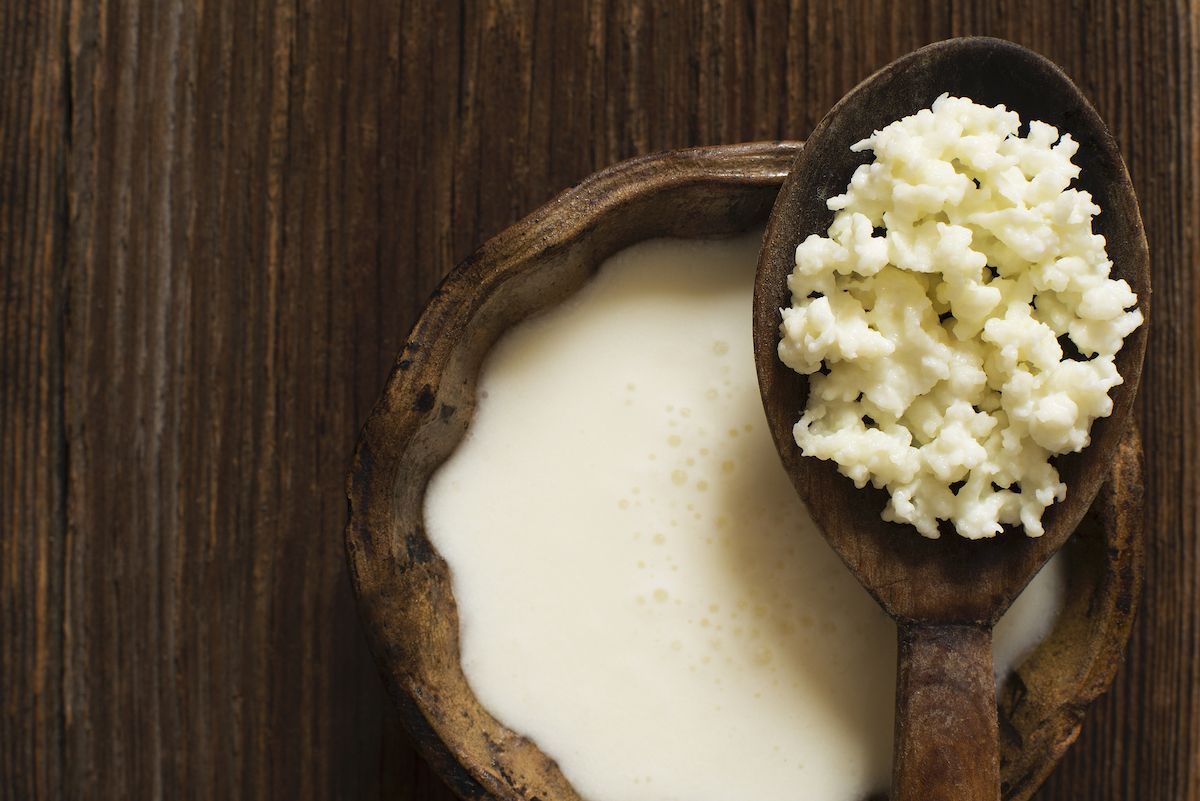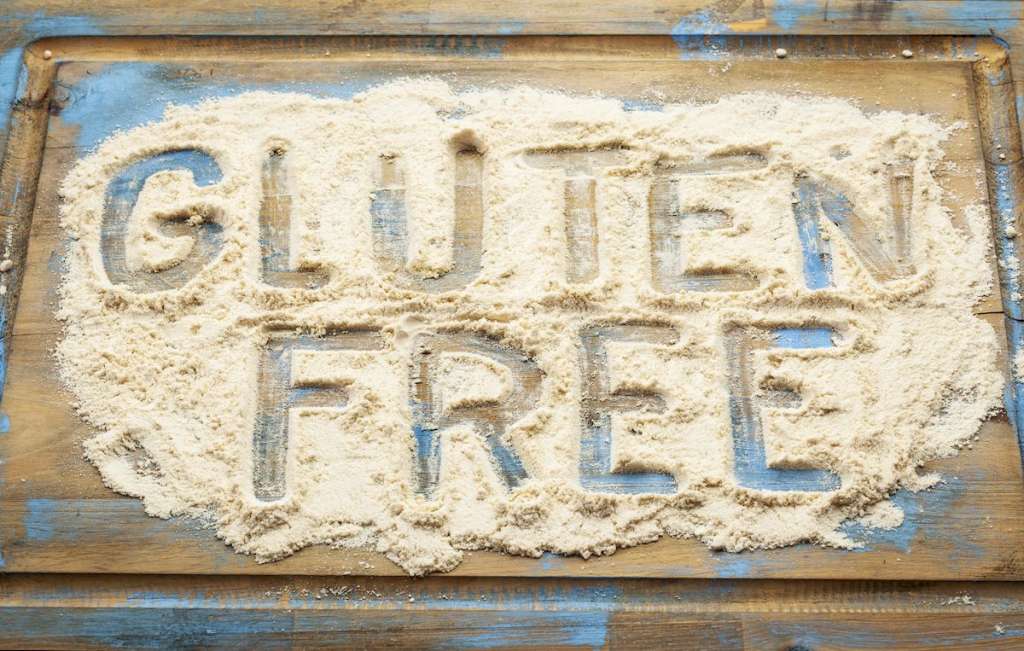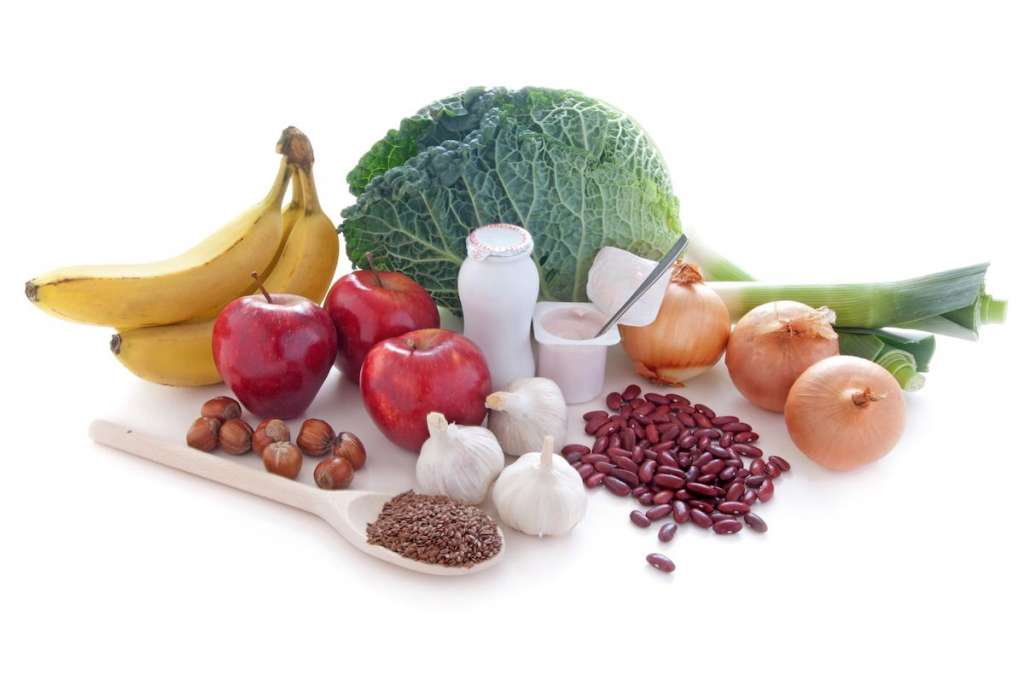- BY Susan Tucker
- POSTED IN Gluten-Free Life
- WITH 0 COMMENTS
- PERMALINK
- STANDARD POST TYPE

Whether you have removed gluten from your diet for lifestyle choices or for health purposes, living gluten free does have its benefits. However, by removing gluten completely from your diet you are removing a number of fiber-rich items, which can in turn leave your stomach and digestive tract susceptible to some ailments. Even if you add in a fiber supplement there are certain issues your body might run into, including what is known as a leaky gut. A leaky gut may lead to the development of other, more serious problems, which is why you need to potentially consider probiotics when you are on a gluten free diet.
Probiotics + a Gluten-Free Diet
Leaky Gut Issues
The lining in your stomach and digestive system can stretch. That’s why your body is able to expand and contract based on what you eat. However, it is possible for certain areas around your digestive system to become too thin, which in turn makes it possible for toxins and bag bacterial to seep into the rest of your body. This can lead to all kinds of issues, not only with surrounding organs but your skin as well. While not usually life threatening it will bring about discomfort problems.
Find Gluten-Free Bread Near You >>
According to Heathline, there are a number of factors that may cause you to stuffer from leaky gut. This includes a diet with large amounts of sugar (including the sugars found in white bread, white rice, regular pasta, and so on). An overgrowth of yeast, too much alcohol, and deficiencies in vitamins can lead to this as well. Often times when gluten causes problems in your stomach it is because too much is consumed, you’re eating processed glutens from white bread instead of 100% whole wheat offerings, or because you already have a lower level of good bacteria within your stomach, which can lead to the build-up of yeast.
Removing gluten can help you avoid this issue if the cause is from too much gluten consumption or eating simple carbs. In order to help you avoid inflammation and leaky gut syndrome, you will need to find a way to increase the level of good bacteria.

Good Bacteria Benefits
Good bacteria will help move material through your stomach and out of the body in a health, natural way. However, if you’re on a gluten-free diet you may not be consuming the kinds of foods you need to add good bacteria to your diet. With the lack of good bacteria you might end up with a leaky gut or other digestive related issues. This is why you should consider adding a probiotic.
A probiotic is a good bacteria supplement that is added to your diet. This simple supplement will dissolve within your stomach, instantly adding healthy bacteria to your body. The addition of the healthy probiotics can help improve your health while also helping you avoid leaky gut syndrome.
Adding Probiotics
It is important to maintain a healthy level of good bacteria inside your stomach. Without this bacteria you are susceptible to problems ranging from a leaky gut to IBS. Leaky gut can develop a number of ways, ranging from consuming too much inferior gluten products that attack the lining in your stomach to consuming food that kills off your good bacteria. Whatever the culprit, you should consider adding probiotics to your diet when you are gluten free.

Probiotic Foods
Here are some of the best probiotic foods to add to your diet.
- Yogurt
- Sauerkraut
- Kimchi
- Pickles
- Miso
- Kefir
- Soft Cheeses
- Tempeh
Adding probiotics to your gluten-free diet will help you maintain your stomach health and avoid some of the more serious health issues. If you currently take medication for any kind of stomach and digestive issues it is recommended to consult your doctor, but in general, adding probiotics is an excellent way to go for optimum gut health.
Disclaimer: This information is not intended to treat, diagnose, cure or prevent any disease. All material provided on this Site is provided for information purposes only. Always seek the advice of your physician or other qualified health care provider with any questions you have regarding a medical condition, before undertaking any diet, exercise, other health program, or other procedure set out on this Site.


